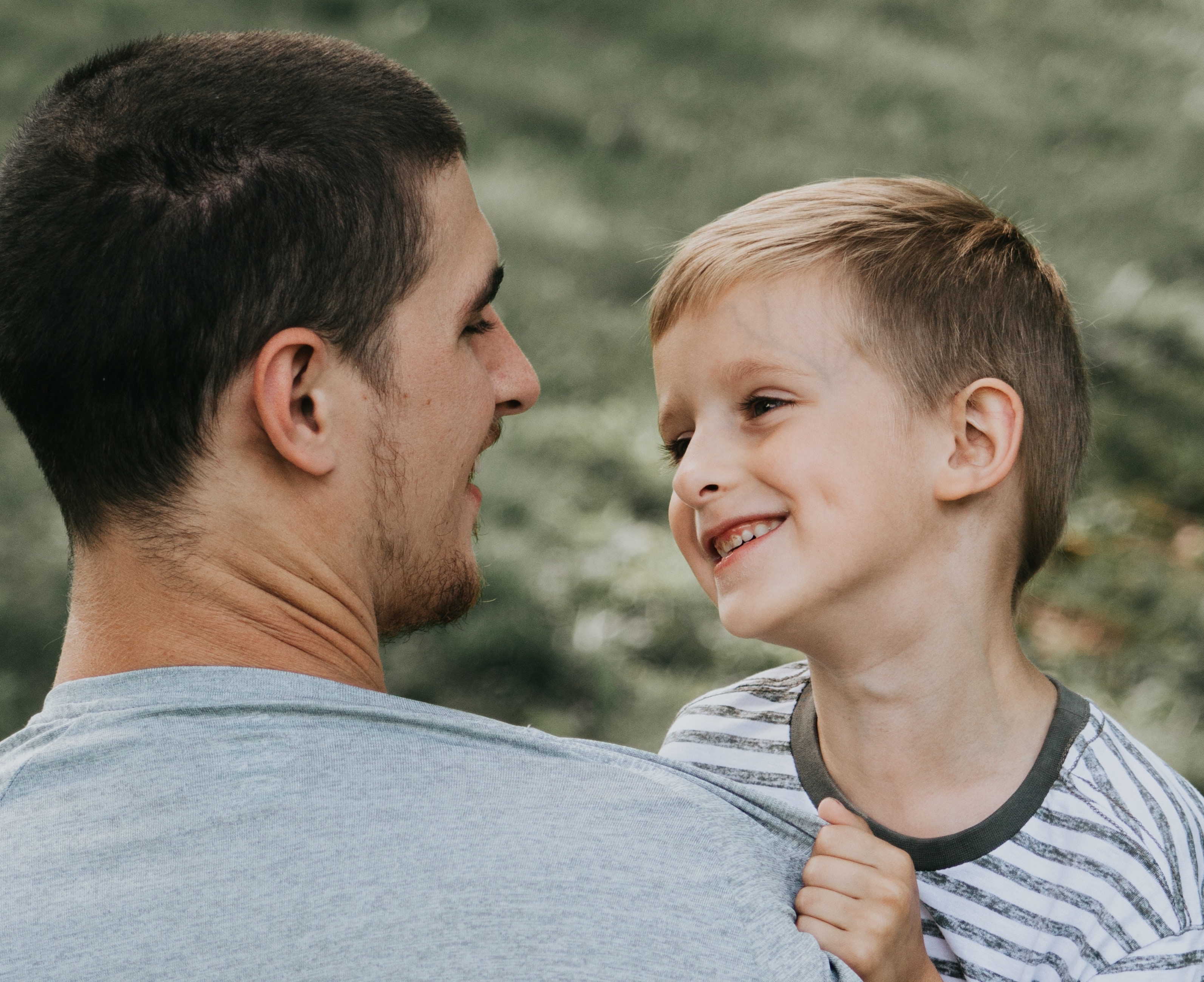The classic adage in pediatric medicine, “children are not little adults”, implies in part that healthcare for children is not just scaled down versions of adult care, decision-making, and treatment. This is particularly important when considering human research trials involving children.
To date, only about 50% of drugs approved by the FDA have been labeled for use in children. Participating in pediatric clinical trials hold both risks and benefits.
Some of the benefits include:
- Access to new drugs and treatment
- Helping future generations
- Receiving top quality care
By law, giving a study drug to children requires that there is a potential for clinical benefit that justifies the risk of taking the drug, and that children who participate in trials have been diagnosed with the disease or condition being studied. It’s especially important to understand key terms and concepts when considering a pediatric clinical trial for your child – especially the difference between “informed consent” and participant “assent”.
Although parents and guardians must consent, or give permission, for their child to join a study, it’s important for children, when able to do so, to have a part in making a decision to join a study. The regulatory requirements make clear just how different adult from pediatric medicine is around issues of permission, consent, and assent for clinical trials involving children.
Assent
“A child’s affirmative agreement to participate in research. Mere failure to object should not, absent affirmative agreement, be construed as assent.”
Permission
“The agreement of parent(s) or guardian to the participation of their child or ward in research”
Given the rigor of many pediatric trials; multiple appointments, surveys, repeated and frequent blood draws, infusions, scans, and medical procedures – as with the management of all pediatric conditions – engaging children in the process of their own treatment is critical to minimizing medical trauma, reducing anxiety, and to helping to ensure perceived treatment benefits.
It’s important to advocate for children to have as much involvement in making decisions and understanding around their health care and clinical trial as possible. Parents can work to empower their children in the clinical trial decision making process.
Even though, ultimately, parents must agree on behalf of their child to participate in a clinical trial, it is possible to engage children in the decision-making and to understand the processes around pediatric clinical trials. It’s important to make sure kids know that “their opinions matter” and that their research teams are ready and able to listen and respond to the concerns of the children in their studies.

For informed assent, it’s the parents' responsibility to ask their children questions such as:
- “Do you believe what your doctors are telling you?”
- “Do you think your doctors listen to you?”
- “Do you understand what your doctors are telling you?”
- “Do you feel like you can talk to your doctor about things that worry you?”
- “Do you know why your doctor wants you to take this medicine; get that blood test; etc?”
If the answer is no – its important to teach those skills, work with a child life specialist, or even find another doctor.
Pediatric research teams have varying commitments to engaging children in the “assent” process. Some are well versed in ensuring that regulatory and IRB standards are met and others more aptly put children and their varying developmental needs into the center of the assent process. Though an emerging field of research, early study shows that its important developmentally for children to be as engaged as possible in the assent process.
How can parents determine if a research team will ensure a child centered assent and trial process? It’s useful to ask research teams about their informed assent process for different developmental stages, and ask how they will:
- Explain your child’s illness and the proposed treatment to them.
- Talk about what the medication or procedure being tested will be like from the child’s perspective (ie; medicine that goes into your arm, pills that you swallow, a machine that takes pictures of your insides, etc).
- Explain what it means to be in a study – coming to the hospital, getting blood tests, etc.
- Explain possible side effects – feeling better, missing school, throwing up, etc.
- Talk about the medicine or procedure being studied will do to their body and what impact it might have on their illness.
- Inform the child that they and their parents can decide to end treatment.
Researchers have found that most children from age 7 can understand basic medical information if it is given at their level. And while not necessarily involved in clinical research, child life specialists are equipped to explain medical information to much younger children.

Children of all ages want to have a say in what happens to their bodies and they want to ask questions and have them answered. Studies indicate that giving children a locus of control, by involving them in an appropriate level of decision-making, reduces anxiety and the experience of medical trauma.
Engaging children in making decisions and facilitating their asking of questions about their own medical care shows respect for them, increases a sense of safety, helps them feel agency in participating in the study, and helps them feel committed to doing what the study requires.
Sources:
- NIH HHS Regulatory Requirements for Research Involving Children Described in Subpart D - NIH
- Would your child benefit from a clinical trial? - FDA
- Patient Involvement in Informed Consent for Pediatric Phase I Cancer Research - Journal of Pediatric Hematology/Oncology
- Child Assent and Permission by Parents or Guardians - UCLA
This is a sponsored post.





